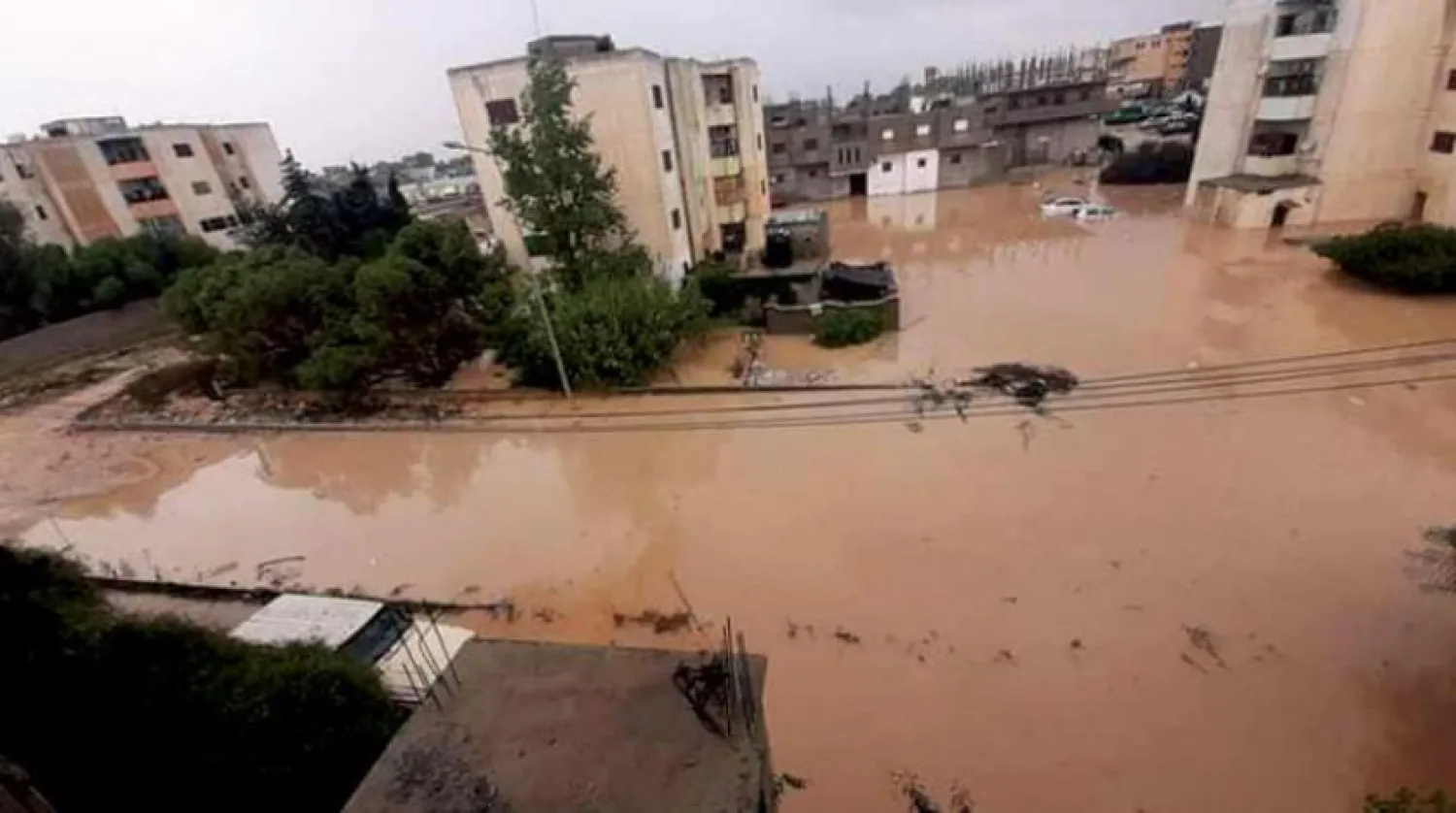Heavy rains have hit some areas of eastern Libya, especially al-Bayda city, causing landslides and flooding.
The city’s municipal council declared a two-day official holiday starting Monday due to extreme weather conditions and the high water level on the streets.
The Interior Ministry urged citizens and vehicle drivers to be very cautious on public roads.
In a statement on Sunday, the Ministry announced a heightened state of alert in all departments of the National Safety Authority, emergency services, traffic, and licenses.
Police remain on standby in case of any emergency, with full commitment to facilitate traffic movement, the statement read.
Health Minister Dr. Saad Agoub issued urgent instructions to all emergency departments in public, rural, and educational hospitals as well as health services to remove the effects of rain and provide citizens’ needs in terms of health care and follow-up around the clock.
The Health Ministry issued a statement on Saturday stressing ensuring maximum readiness in anticipation of any emergency case and implementing the emergency plan developed during the rainy period as required by the public interest and emergency situations in the country as a result of the natural floods.
Meanwhile, Head of the steering council of the Municipality of Tobruk Faraj Boukhatabia formed an emergency room to receive calls by citizens and assist them.
Thee room consists of the Municipal Guard, the Social Affairs Agency, the Red Crescent, the National Safety Authority, and the General Company for Water and Sanitation.
Also, the Steering Council of Bayda city called on the security directorate to impose a partial curfew throughout the city to ensure the safety of its citizens from possible accidents.
The municipal guard was assigned to close various shops and major stores. However, it would allow bakeries and some shops selling staple goods to open at a reduced capacity for the convenience of its citizens.









